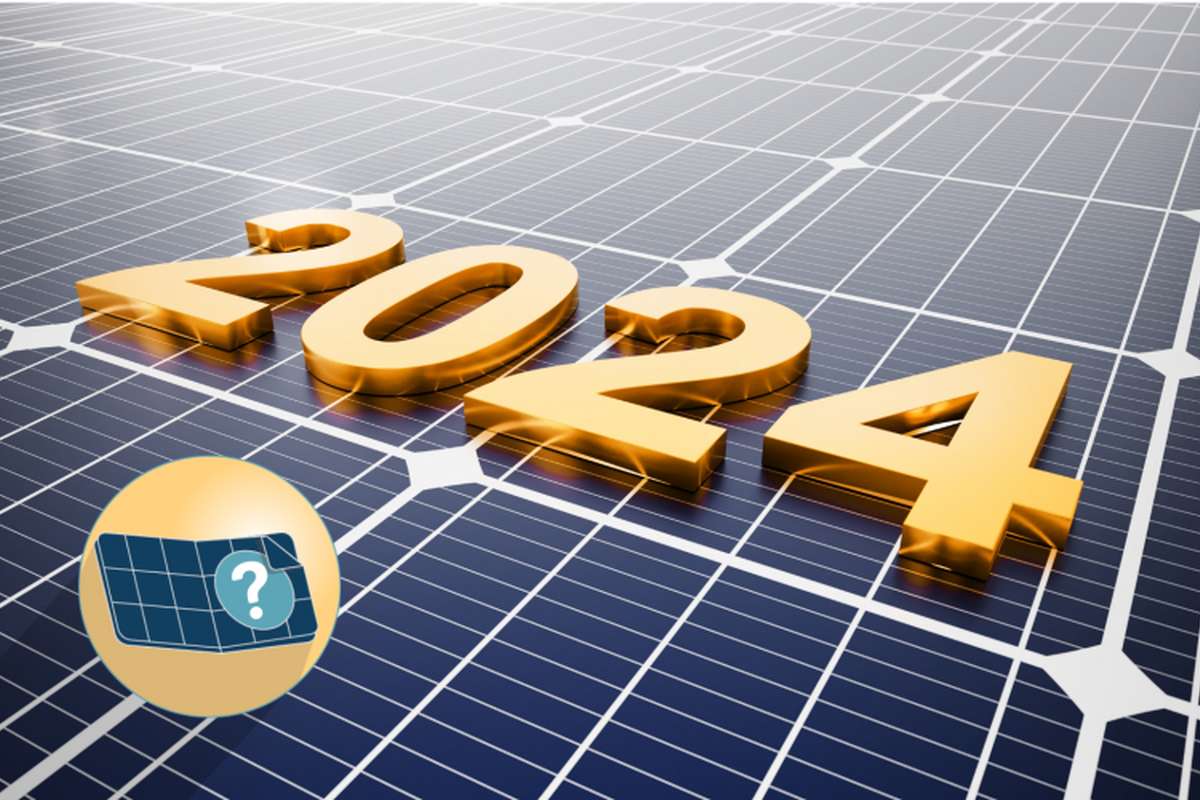Solar energy, which is a renewable energy source that has gained significant popularity in recent years, presents an array of advantages that anyone can take advantage of.
In the same vein, it also has a few downsides. But what are these downsides exactly? In this article, we’re going to the key pros and cons of solar energy that you should know.
Pros of Solar Energy
Let’s start with the positive aspects of harnessing solar energy first. They’re as follows:
Environmentally Friendly
Solar energy significantly reduces environmental impact. Unlike fossil fuels, it doesn’t release harmful pollutants like carbon dioxide or sulfur dioxide, making it a clean power source.
By using solar energy, we help to combat greenhouse gas emissions and global warming, and also reduce our dependence on non-renewable energy sources, leading to a healthier planet.
Renewable Energy Source
The sun provides a vast and inexhaustible source of energy. It’s estimated that the sunlight received by the Earth in just one hour could meet global energy needs for an entire year. This makes solar energy an incredibly sustainable option, as it’s unlikely we’ll ever run out of sunlight as a source of power.
Reduction in Electricity Bills
Solar panels enable homeowners and businesses to generate their own electricity. This self-sufficiency can lead to significant reductions in monthly electricity bills. The initial investment in solar panels often pays off over time through these savings.
Additionally, in some areas, surplus power can be sold back to the electricity grid, generating an income.
Low Maintenance Costs
Solar energy systems are known for being low maintenance. Once installed, they require little more than basic cleaning a few times a year. Additionally, most reputable solar panels come with long-term warranties, often up to 20-25 years, ensuring peace of mind and reliability in the long run.
Technological Advancement
The solar industry is rapidly advancing, leading to more efficient and cost-effective solar solutions. Advancements in photovoltaic (PV) technologies have led to higher efficiency rates, meaning panels can convert more sunlight into electricity.
As research continues, we can expect further improvements, making solar energy more accessible and effective for a wider range of applications.
Cons of Solar Energy
While the upsides of solar energy make it all the more promising, it’s not without its downsides. These are as follows:
High Initial Costs
The upfront cost of solar panel installation is significant. This includes not just the panels, but also inverters, batteries, mounting systems, and labor costs.
While prices have been falling due to technological advancements, the initial investment remains substantial. This makes it challenging for some individuals or businesses to adopt solar energy.
Weather Dependent
Solar energy production is heavily reliant on weather conditions. While panels can still generate power on cloudy days, their efficiency significantly decreases. This variability can make solar energy less reliable in areas with frequent cloudy or rainy weather.
Space Requirement
Installing solar panels requires a considerable amount of space, especially for larger systems needed to power entire homes or businesses. This space requirement can be a significant barrier in urban areas or for properties with limited roof space or land area, limiting the feasibility of solar panel installation.
Expensive Energy Storage
Storing solar energy for use at night or during overcast days requires batteries, which can be costly. While technology is improving, the high cost of energy storage systems can significantly add to the overall cost of a solar power system, making it less accessible for average consumers.
Associated Pollution
Although solar energy is clean, its production is not entirely free of environmental impact. The manufacturing process of solar panels involves the emission of greenhouse gases and the use of hazardous materials.
Additionally, the transportation and installation of solar systems contribute to pollution, albeit to a much lesser extent than traditional energy sources.
The Bottom Line
Solar energy offers a clean, renewable, and increasingly cost-effective energy source, but it’s not without its challenges.
Its benefits in terms of environmental impact and long-term cost savings are substantial, but factors like initial investment, dependence on weather, and the current limitations of energy storage technology are important considerations for anyone looking to adopt solar energy.



